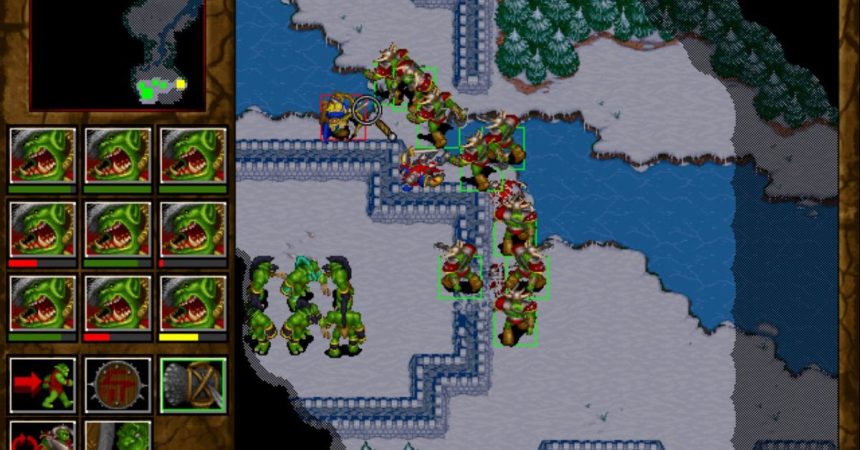GOG, the well-known digital game distribution platform, has recently introduced a Preservation Program aimed at maintaining compatibility and support for classic games, even after they’re delisted from their store. This initiative reflects GOG’s commitment to preserving video game history and ensuring that players can continue to enjoy their favorite titles without interruption. The company’s announcement highlights that players will receive ongoing technical support and seamless experiences, regardless of any changes in the game’s availability or compatibility caused by updates to operating systems and other software. This thoughtful approach emphasizes GOG’s dedication to retro gaming and preserving player access.
The first titles included in GOG’s Preservation Program are the beloved “Warcraft I” and “Warcraft II.” Both games are set to be delisted from the store on December 13th, following a request from their publisher, Blizzard Entertainment. This delisting coincides with Blizzard’s launch of remastered versions of the Warcraft classics, which aim to rejuvenate interest in the franchise while preserving its legacy. GOG is still allowing players to purchase the original versions before their removal, and as an incentive, they are offering a discount code named MakeWarcraftLiveForever for those who opt to buy both games as a bundle.
GOG’s Preservation Program was launched just last month and initially covers 100 classic titles, including significant franchises such as Diablo and Resident Evil. The goal of the program is to ensure that classic games remain playable in the face of evolving technology. As operating systems and gaming environments change, many older titles face the risk of becoming unplayable. GOG’s initiative aims to mitigate this challenge by providing compatibility updates and ongoing support, effectively preserving these games for future generations of players.
This ongoing support is especially crucial for retro titles that may not receive updates or enhancements from their original developers. With technology progressing at such a rapid pace, games that were once easily playable can quickly become obsolete or encounter issues with newer systems. By taking on this responsibility, GOG not only supports its customers but also champions the preservation of video game history. The company’s efforts symbolize a broader trend in the gaming industry where maintaining access to classic titles is becoming a priority.
The delisting of “Warcraft I” and “Warcraft II” has drawn attention to the dynamics between publishers and digital distribution platforms. While Blizzard’s remastered versions may attract new players and generate revenue, the move to remove the original titles could create concerns about access and preservation. GOG’s commitment to maintaining playable versions of these games ensures that their legacy endures, regardless of the decisions made by their publishers. Gamers are often protective of classic titles, and GOG’s efforts to provide uninterrupted access will resonate positively with a community passionate about video game history.
In conclusion, GOG’s Preservation Program marks a significant step in the ongoing effort to preserve classic gaming experiences. By ensuring compatibility and providing technical support even after games are delisted, GOG has established itself as a guardian of video game history. As the industry continues to evolve, such initiatives will be vital in maintaining player access to beloved titles. As “Warcraft I” and “Warcraft II” transition away from GOG’s store, the company’s proactive approach embodies a respect for the past while paving the way for a future where classic games are not only remembered but also playable.



